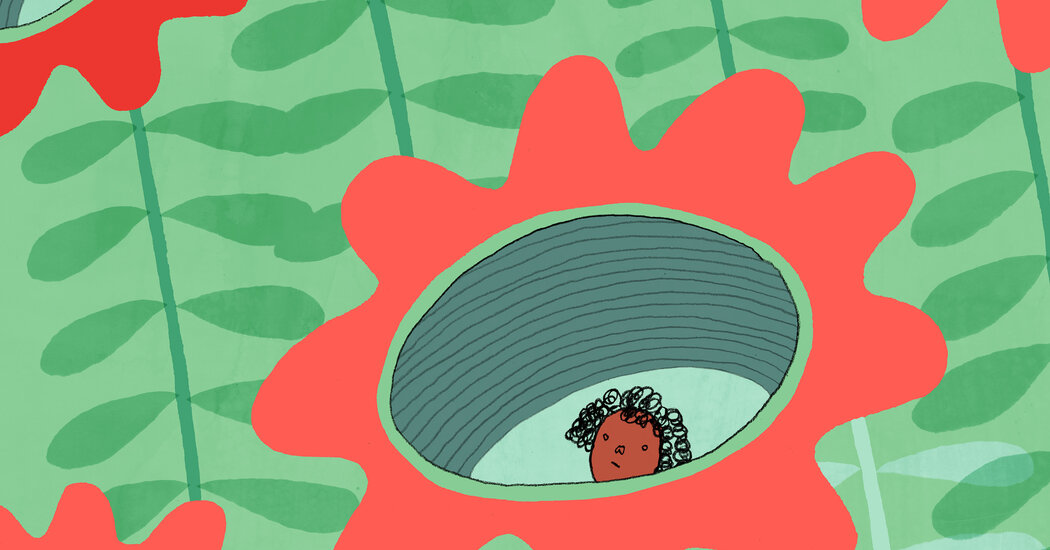
I once imagined how the conversation would go.
Me: “Hey Mom, I’m gay. Like Ellen. You know on TV. Her kind of gay.”
Her: “Ellen can be gay. You can’t.”
My mother loved me so much, but as an undocumented Black woman already facing so many hurdles, she didn’t want her child to check off yet another marginalized box. So I stayed in the closet, inviting a few people in over the years but never leaving. And when I felt sorry for myself and wanted to cry, she was quick to remind me how good I had it.
My mother did the hard work, contributed to the land of the free, and she had a plan for my future, like so many American children with immigrant parents. We anchor babies (one of my favorite pejorative terms that I have reappropriated) must apply to Ivy League schools and choose a career from an approved list: doctor, lawyer, engineer, professor, even immigration enforcement agent! Anything but a queer writer.
I never had the opportunity to tell her because it was never part of our plan. But when she had to confess her undocumented status to immigration officers, that plan was demolished. For the first time in our American lives, we experienced the privilege of an interlude. Usually, any tragedy forced us to move quicker, to hustle more. Breathing space is something we couldn’t afford. But her being deported stopped us.
First, she just disappeared, and none of us knew where she was for weeks. When we finally learned that she had been detained, I swung into action, contacting a lawyer, trying to come up with a plan.
Then I received a phone call. And my mother and I had to talk to each other as if it was our last day on earth, because that’s what it felt like. I had only a few minutes to explain how we were going to try to keep her here, to remind her of our hustle, and, most importantly, to tell her that our love could survive this.






